 By: Justicia Shipena
By: Justicia Shipena
President Hage Geingob says the Food Bank has reached over 11 000 families in the country since its inception in 2013.
Geingob said this in his international day of poverty eradication statement on Monday.
Geingob said in contributing to ending hunger, the government has successfully rolled out Food Banks in all 14 regions.
“Including 50 000 food insecure Namibians,” he said.
He added that the Food and Nutrition Security Policy was developed with the focus of improving the implementation of food and nutrition security.
“The government has also recently launched the Social Protection Policy, reaching 1 million Namibians, which includes grants for people with disabilities, old age pensions, vulnerable children and orphans, contributing to poverty reduction by strengthening social safety nets across the life cycle,” he said.
In efforts to fight poverty, government doubled the old-age pension from N$600 in 2016 to N$1 200.
This, he said, resulted in a better life for over 180 000 pensioners.
“With a multiplier effect running into hundreds of thousands more beneficiaries.”
Geingob said the solutions to address poverty should be embraced in a multi-disciplinary approach.
“By doing so, we aim at bridging the gap by making meaningful progress in human development, arresting poverty, curbing income and wealth inequalities, and providing basic amenities for all our people,” the president said in a statement.
Furthermore, he stated that government, through the ministry of gender equality, poverty eradication, and social welfare, has introduced interventions and strategies to eradicate poverty through social protection, community development, and poverty eradication programs.
“To create an inclusive society where all Namibians can enjoy a dignified life,” said Geingob.
Geingob said through social projection programs and interventions government implemented projects designed to create self-employment, income-generating activities (IGAs), and impart business skills to reduce poverty and facilitate the socio-economic empowerment of destitute communities.
Despite slow economic growth, Geingob said government has also created an enabling environment for the most vulnerable members of society.
“Interventions such as Social Safety Nets, which provide monthly old-age social grants, disability grants, and grants for orphans and the vulnerable, are a testament to the government’s efforts in eradicating poverty. The government also provides dignified burials for the destitute members of our communities.”
The president appealed to the public to hold hands and build an inclusive, tolerant, resilient, and prosperous society.
“Together, we can build a united society guided by our motto of ‘No Namibian Should Feel Left Out’ and live in a society in which all Namibians fight against hunger, poverty, and inequality.”
According to the United Nations (UN), the pandemic exposed social protection system gaps, failures and structural inequalities and diverse forms of discrimination that deepen and perpetuate poverty.
International Day for the Eradication of Poverty is observed annually on 17 October, and this year’s theme was ‘dignity for all in practice.’
This year marked the 35th anniversary of the World Day to Overcome Extreme Poverty and the 30th anniversary of the International Day for the Eradication of Poverty.
The day honors the millions of people suffering from poverty and their daily courage and recognises the essential global solidarity and shared responsibility we hold to eradicate poverty and combat all forms of discrimination.

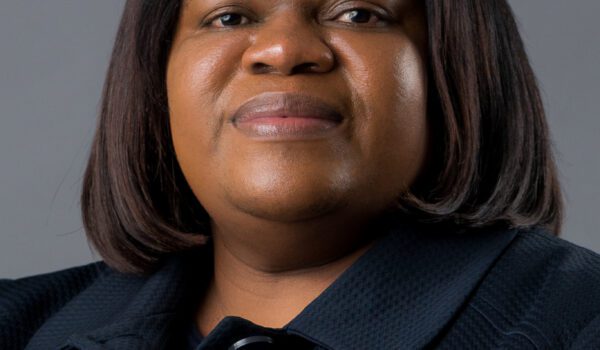
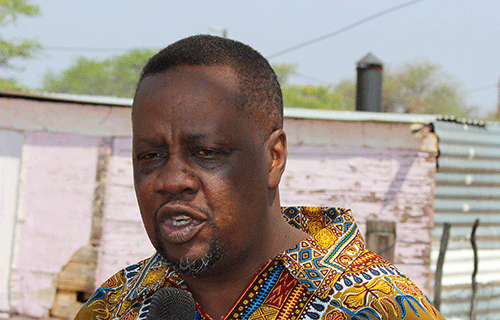
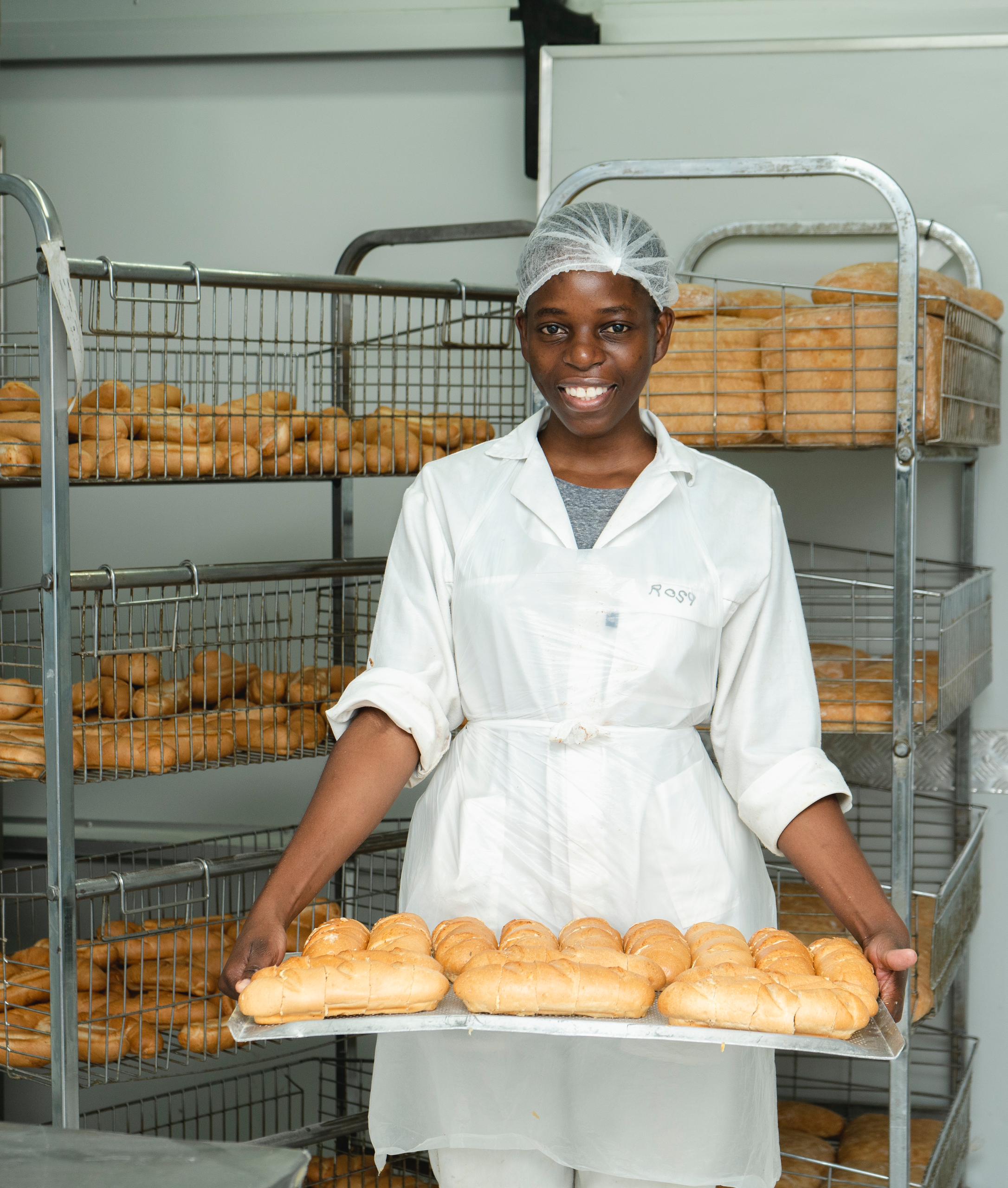
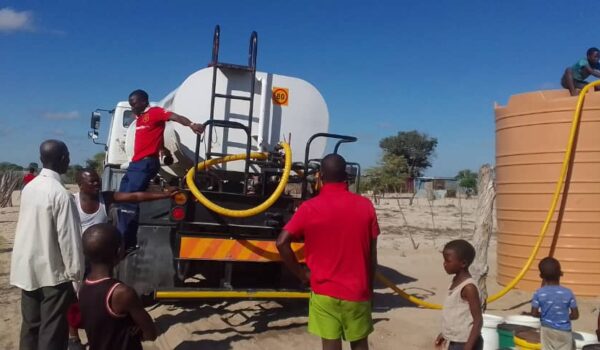
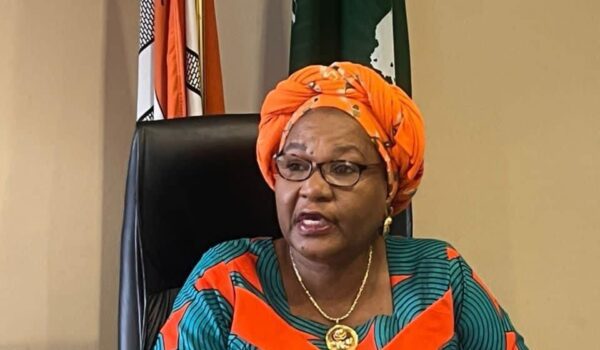
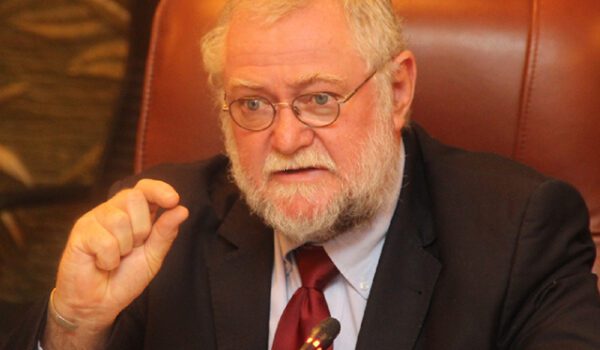
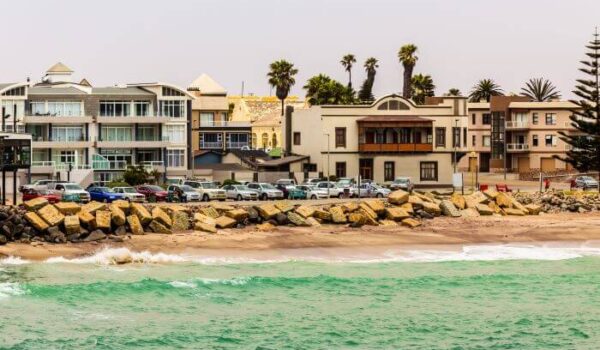

Comments